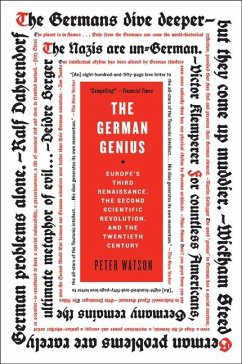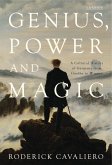From the end of the Baroque era and the death of Bach to the rise of Hitler, Germany was transformed from a poor relation among Western nations into a dominant intellectual and cultural force. By 1933, Germans had won more Nobel Prizes than the British and Americans combined. Yet this remarkable genius was cut down in its prime by Adolf Hitler and his disastrous Third Reich?a brutal legacy that has overshadowed the nation's achievements ever since. In this absorbing cultural and intellectual history, Peter Watson goes back through time to explore the origins of the German genius, explaining how and why it flourished, how it shaped our lives, and, most important, how it continues to influence our world. Watson's virtuoso sweep through modern German thought and culture will challenge and confound both the stereotypes the world has of Germany and those that Germany has of itself.
"A compilation of essential German contributions to philosophy, theology, mathematics, natural and social science and the arts since 1750. Watson enshrines a vast pantheon of creative thinkers... [including] compressed summaries of some exceedingly difficult ideas. The range of subjects is impressive, from painters to physicists." New York Times Book Review








